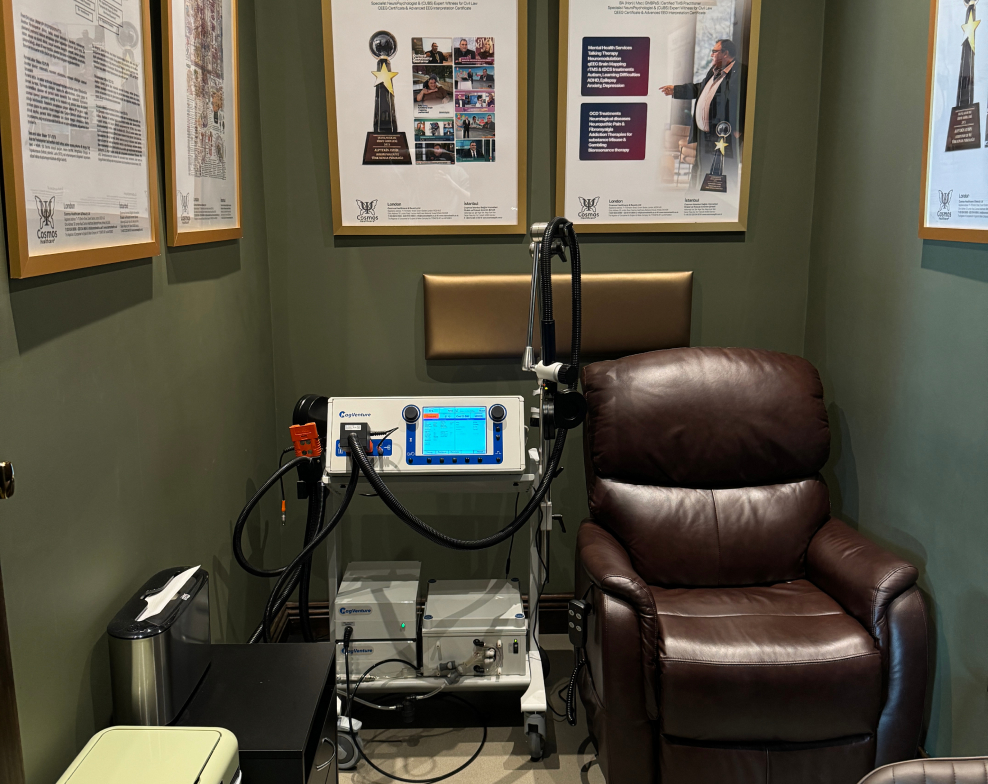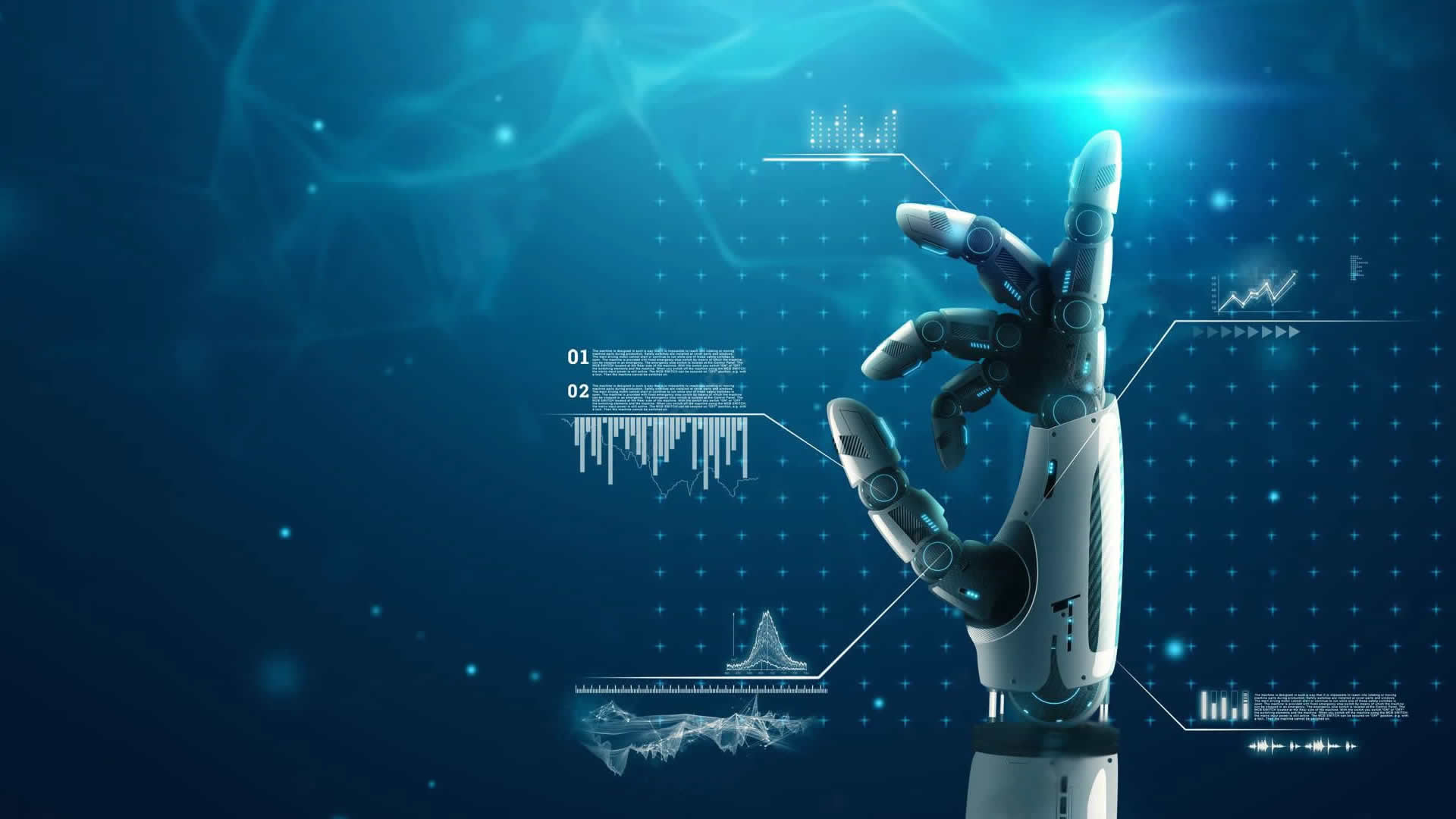

qEEG Guided, Personalized rTMS Depression Treatment
Repetitive Transcranial Magnetic Stimulation (rTMS) stands as a groundbreaking depression treatment that reaches its full potential when combined with individualized qEEG-guided Neuromap analysis technology. This method personalizes neuromodulation therapies based on neural profiles which improves treatment outcomes and effectiveness.
Global Approvals of rTMS for Depression Treatment
Healthcare systems worldwide have started to adopt rTMS for depression treatment as multiple nations have formally recognized its therapeutic value.
– The U.S. Food and Drug Administration (FDA) gave its approval to rTMS for treating patients with depression that does not respond to conventional treatments in 2008. citeturn0search1
– In December 2015 the National Institute for Health and Care Excellence (NICE) gave its approval to rTMS after determining that it is both safe and effective for treating depression. citeturn0search0
– The Canadian Network for Mood and Anxiety Treatments (CANMAT) includes rTMS within its clinical guidelines for major depressive disorder treatment which shows that Canadian medical practice accepts this therapy.
– The Royal Australian and New Zealand College of Psychiatrists has approved rTMS for depression treatment through official integration into their clinical practice standards.
– The European Union includes multiple member countries which have authorized rTMS treatment while insurance companies cover its costs in places such as the Netherlands. citeturn0search7
– rTMS has become a standard therapeutic measure throughout Japan’s medical facilities and has supported its worldwide implementation. citeturn0search1
– China utilizes this therapy which demonstrates its growing acceptance around the world.
The application of qEEG-Guided Neuromap spports individualized rTMS treatment plans through personalized brain activity mapping.
The combination of quantitative electroencephalography (qEEG) technology with the Neuromap algorithm marks a major development in customizing rTMS treatment for depression patients. qEEG generates comprehensive brain activity maps that reveal distinct areas of dysfunction which correlate with depressive symptoms. The Neuromap algorithm processes data to customize rTMS protocols which target the specific neural circuits involved in each patient’s disorder.
The personalized approach improves rTMS outcomes by tailoring treatment protocols to specific neural dysregulations in patients.
– Targeted rTMS treatment of underactive brain areas including the left dorsolateral prefrontal cortex (DLPFC) leads to better executive function along with improved motivation and cognitive clarity.
– The technique of rTMS functions to suppress excessive neural pathways which helps restore neurological balance and elevate mood control.
Patients who undergo qEEG-guided rTMS show quicker recovery times and extended remission periods as opposed to those who receive traditional rTMS treatments. A study in *JAMA Psychiatry* demonstrated that people with treatment-resistant depression reached a 63% remission rate with qEEG-guided rTMS which showed superior results compared to standard medication treatments.
The integration of qEEG-directed Neuromap analysis with rTMS represents an innovative method for individualized depression treatment that matches current worldwide neuromodulation therapy trends.
